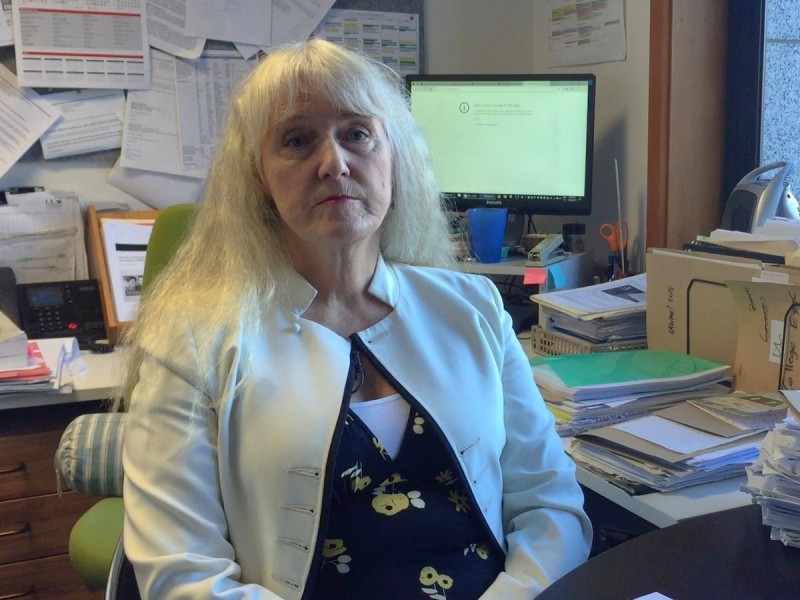In December last year, the 27-year-old man accused of murdering British backpacker Grace Millane was granted interim name suppression.
This made it illegal to identify him in New Zealand.
Yet, the man's name was published by British newspapers and began trending online and on social media.
Stuff reported three days after the man's court appearance that his name had been searched on Google over 100,000 times.




